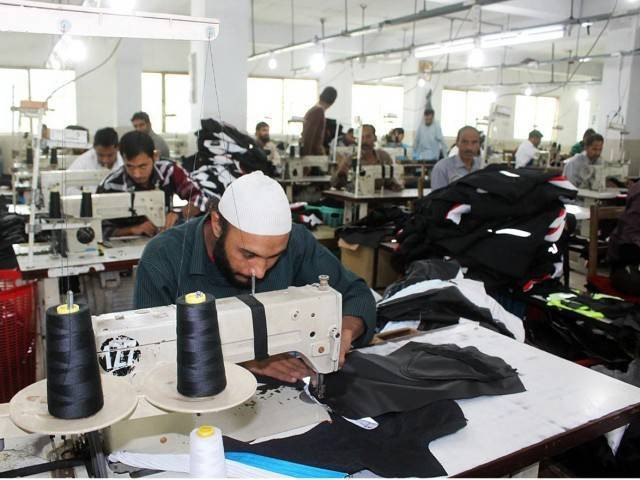SMEDA invests Rs29.7 billion in a decade
Establishes over two dozen common facility centres with PSDP funds

Representational image. PHOTO: ONLINE
Smeda Chief Executive Officer Sher Ayub Khan made the revelation in a meeting held at the authority’s head office on Wednesday to mark the World SME Day.
Planting a ‘SEED’ of entrepreneurship
He praised the United Nations General Assembly for designating June 27 as the international day for the SMEs. He noted that 95% of enterprises in the world were micro, small and medium-sized businesses that accounted for about 60% of private-sector employment.
“These enterprises can in fact become the engine of growth for long-term development in developing countries,” he said.
Khan emphasised that SMEs were playing a pivotal role in job creation in Pakistan like the rest of the world.
“Smeda is pursuing the SME development cause as a key economic reform agenda like many governments around the world,” he said. “There a number of SME development organisations around the world that have played a major role in supporting, steering and coordinating SME development in their countries.”
Citing examples of Korean Small and Medium Business Administration, Turkish KOSGEB and USA’s Small Business Administration, Khan pointed out that they were spending a heavy budget on SME development. However, he regretted that resources given to Smeda were nothing compared to them.
With rise in entrepreneurship, Lahore becomes talent magnet for Pakistan
“Owing to the scarcity of funds, Smeda had covered the development side through the PSDP (Public Sector Development Programme) as over two dozen common facility centres were completed with the help of PSDP funds,” he said. Khan boasted that Smeda, through interaction with stakeholders, had identified certain potential SME clusters that were unable to tap export market despite surplus production due to absence of modern technology.
For instance, the growing mango cluster of Multan was wasting tons of mangoes every year for having no pulp plant, football production of Sialkot was losing the world market due to unavailability of mechanised manufacturing technology and Kunri’s abundant production of chillies was being contaminated for having no mechanical dehydration facility.
Published in The Express Tribune, June 28th, 2018.
Like Business on Facebook, follow @TribuneBiz on Twitter to stay informed and join in the conversation.


















COMMENTS
Comments are moderated and generally will be posted if they are on-topic and not abusive.
For more information, please see our Comments FAQ